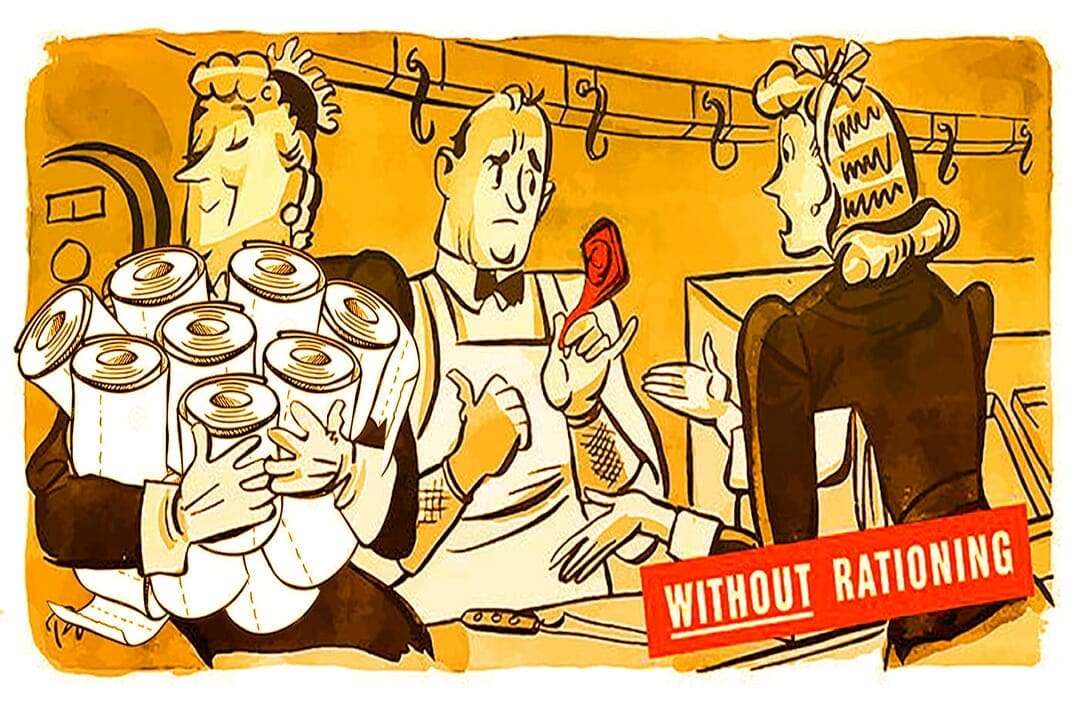Henry David Thoreau is quoted as saying, “Happiness is like a butterfly: the more you chase it, the more it will elude you, but if you turn your attention to other things, it will come and sit softly on your shoulder.” I would revise this statement by replacing “happiness” with “sleep”
Posts by Betty Vine
What to Eat (And What To Avoid) For A Healthy Brain
We all know that subsisting on cheeseburgers and pizza is bad for our waistlines and our heart health, and we’ve been told from an early age to “Eat your vegetables — or there will be no dessert!” When we consider that two-thirds of Americans are now overweight or obese, the implications of current nutritional research are important
The Best Natural Medicine? Nature Itself
According to Tierney Thys of National Geographic “As of 2010, we have officially become an urban species. More of us live in cities than don’t, and that is a trend that is continuing and accelerating … The average North American and European spends 90% of their time indoors.”
How A Little Courtesy Makes A Big Difference (for Your Brain and Other People)
Strife and chaos are arguably the reigning zeitgeist of the 21st century. In France, rudeness was even once reported as the chief cause of stress, ranking at 60 percent — placing it well above concerns over the debt crisis or persistent rates of double-digit unemployment. Neuroeconomist Paul J. Zak has proposed
Just Go Outside — Your Brain Will Thank You
We’ve learned about the consequences associated with spending too much time indoors —looking at screens, in urban cities — so let’s examine the positive effects of nature on our psychological and emotional lives. We’ve already discovered the link between increased rates of mental illness
Motherhood and the Brain: The Science Behind Kissing, Cuddling, and Making It Better
As unique and diverse as all human beings across the globe may be, they all came to the world in the exact same way: a gradual progression from zygote to fetus to infant. And all of us grew in the womb of a female host — our mothers. The first and most primal of relationships is not only experienced
What Meditation Does To Your Brain
Anyone who has ever attempted to meditate can vouch for the fact that while it is theoretically simple, it is extremely challenging in practice. In fact, its simplicity is what makes it difficult, and it is also what makes it worthwhile. “Mindfulness meditation” (the practice most popular in the United States)
Does Yoga Benefit The Brain?
The answer is an overwhelming yes. One study published in Frontiers in Human Neuroscience employed MRI scans to reveal that there were increases in gray matter in the brains of yogis. These gains were seen in a variety of regions, including “the somatosensory cortex, which contains a mental map of our body …
Discovering Your “Sharing” Brain
If you’re a parent of a toddler, then there’s one monosyllabic phrase that undoubtedly punctuates your days: “Mine!” Children are good at many things that might give grown-ups green horns — such as touching their toes and falling asleep anywhere, to name just a few — but it seems that sharing
On Living Well: 4 Surprising Ways To Increase Your Life Expectancy
At the beginning of the 20th century, the average American could expect to live just 47.3 years. Since then, life expectancy climbed rapidly—reaching 70 years for the first time in 1961. According to a report by the Centers for Disease Control and Prevention, we reached 78.9 years in 2014, and it seemed
Brainwashing: Decoding How Cults Work
Every day, we are subject to countless social influences that unconsciously affect our thoughts, feelings, and behaviors. With those influences in mind, we can examine brainwashing as a severe form of social influence that combines all of these approaches to cause changes in someone’s way of thinking without that person’s consent
Why Is The “Using 10 Percent Of Your Brain” Myth So Pervasive?
In the film Lucy, Scarlett Johansson awakes groggily, looking around the room, wondering where she is. Her voice plays over a rapid-fire montage: “What happened? What did you do to my stomach? What’s going on?” Cut to Morgan Freeman, giving a neuroscience lecture. “It is estimated most human beings normally
Is That “Brain-Eating Amoeba” As Scary As it Sounds?
It seems that nearly every summer, there is a news report of a few people who have become infected with what is called a “brain-eating amoeba” — with the most recent report coming from the state of Florida. Though this infection is exceedingly rare — these anecdotes feel particularly salient — presumably
How To Improve Your Emotional Intelligence
For a century, we’ve heard that IQ is the end-all, be-all measure of an individual’s intelligence. However, a growing body of evidence suggests that the results of IQ tests may be misleading — they simply don’t tell the full story. (An anecdote to drive this point home: I took two online IQ tests.
How Does Hoarding Differ From Hoarding Disorder?
Until recently, hoarding has been considered a subset of OCD. However, a growing body of evidence led the creators of the DSM-V to introduce hoarding disorder as a separate entity with its own distinct mechanisms. The differences between OCD and hoarding disorder are notable. They include















